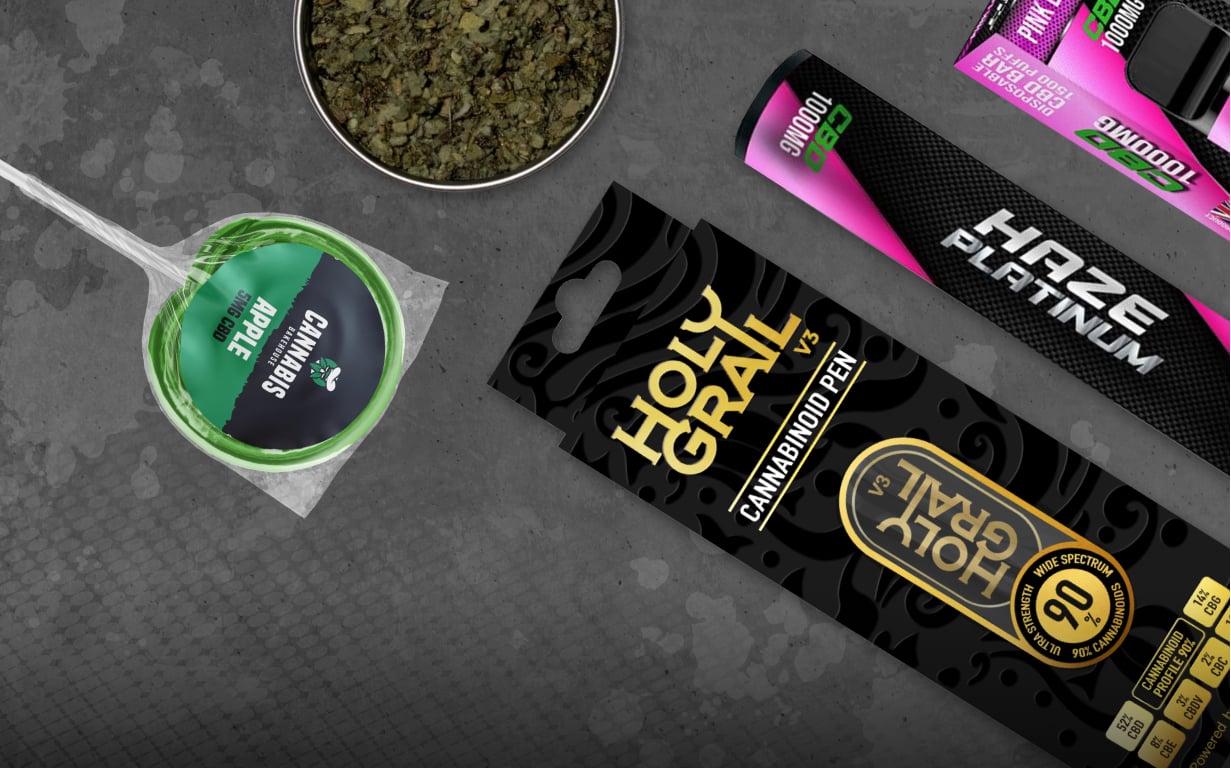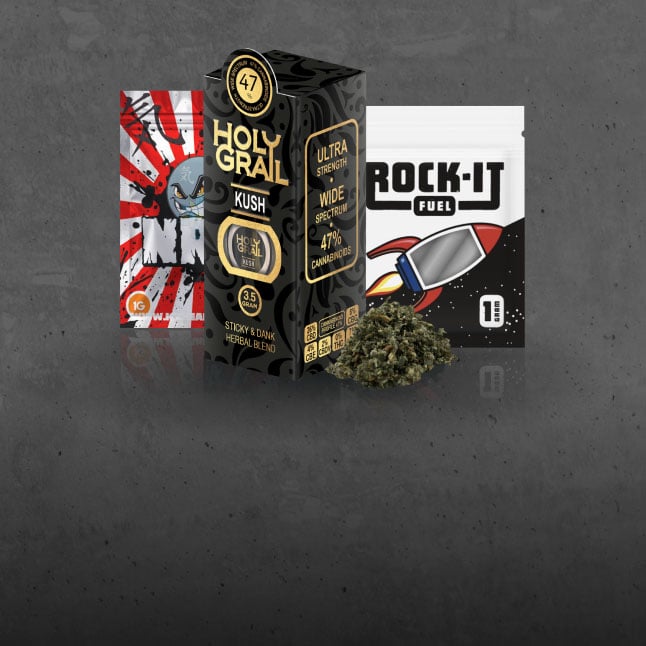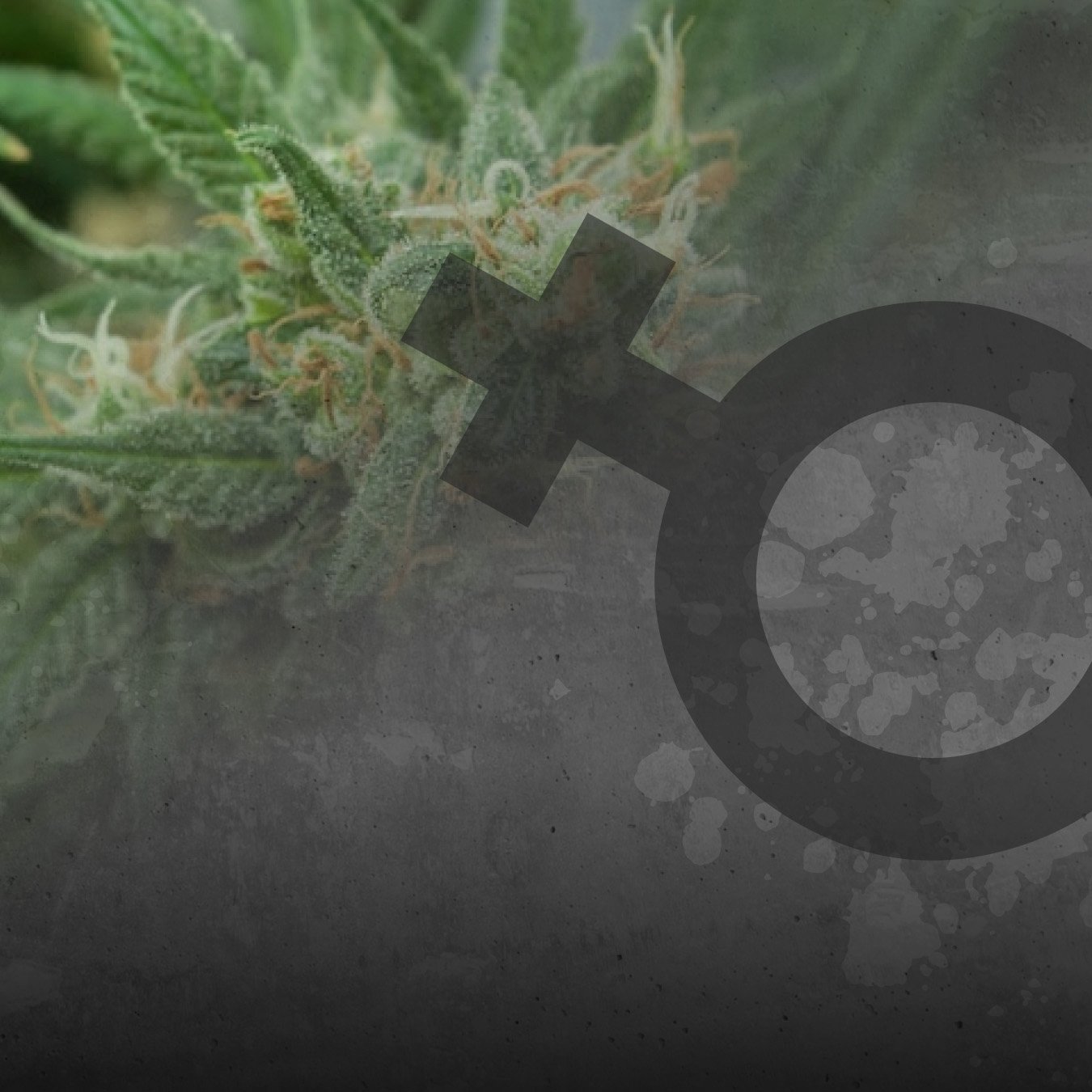
Cannabidiol or CBD is now a household name. Most of us are aware that it comes from the cannabis plant and we likely know someone that uses it, or have at least seen it advertised as a wellbeing product. CBD is a health and food supplement used for an astonishing variety of reasons, some that would surprise most of us. The National Institute of Health recognises that CBD could be useful in treating a number of ailments and symptoms. These include:
- Anxiety
- Depression
- PTSD
- Stress
- Anti-seizure
- Neuro-protection
- Pain relief
- Parkinson’s disease
- Epilepsy
- Bacterial infections
- Irritable Bowel Syndrome (IBS)
CBD is not simply confined to aiding these conditions, symptoms and disorders; it is used universally, comprehensively and can be beneficial to us all in one way or another. This is at least partially because of the way in which CBD interacts with the human endocannabinoid system. Disclaimer: There are no government studies to backup CBD medicinal claims. The benefits of CBD are based on opinion and not scientific fact. Please note that you must be 18 years or older to purchase CBD products. All claims and effects of CBD have been regulated by the MHRA since 2016 and distributors require a license from the MHRA to make any medical claims.
CBD and endocannabinoids
 Endocannabinoids are named after cannabis because cannabinoids were first discovered in cannabis. The ‘endo’ part of the word comes from endogenous, this means originating from within an organism. Endocannabinoid simply means cannabis-like substance that is naturally produced inside the human body. CBD interacts with the endocannabinoid system, which we each have. The endocannabinoid system is involved in regulating the physiological and cognitive processes. These include, but are not limited to:
Endocannabinoids are named after cannabis because cannabinoids were first discovered in cannabis. The ‘endo’ part of the word comes from endogenous, this means originating from within an organism. Endocannabinoid simply means cannabis-like substance that is naturally produced inside the human body. CBD interacts with the endocannabinoid system, which we each have. The endocannabinoid system is involved in regulating the physiological and cognitive processes. These include, but are not limited to:
- Pain-sensation
- Mood
- Memory
- Appetite
- Immunity
- Pregnancy
What is the endocannabinoid system (ECS)?
The ECS plays a role in regulating our cognitive and physiological processes. It is a complex cell-signalling system that was first identified by researchers exploring THC (the well-known psychoactive compound of cannabis), one of the many cannabinoids found within the plant. Our endocannabinoid system (ECS) is complicated and scientists haven’t yet found out all of its functions or exactly how it works. Experts believe that the main tasks of the ECS is to help achieve and maintain homeostasis within our body. This means maintaining an internal harmony.
What functions has the endocannabinoid system been linked to?
Scientists have discovered that our endocannabinoid system can be influenced by introducing external cannabinoids, like those found in cannabis plants. The endocannabinoid system’s job is to respond to endogenous cannabinoids and this system, found in our brain, central and peripheral nervous systems, our fats, muscles and immune cells, is thought to be responsible for many functions. This functions include:
- Mood
- Motor control
- Appetite and digestion
- Chronic pain
- Inflammation and other immunity responses
- Metabolism
- Bone growth and repair or remodelling
- Stress
- Skin and nerve functions
- Liver functions
- Reproductive system functions
- Cardiovascular system function
- Muscle formation
Our endocannabinoid system has three core elements: endocannabinoids, receptors, and enzymes.
Endocannabinoids
So far experts have identified two key endocannabinoids:
- Anandamide (AEA): a fatty acid neurotransmitter. The word is taken from the Sanskrit word which means “bliss, joy, delight”; and
- 2-arachidonoylglycerol (2-AG): an endocannabinoid, an endogenous agonist of our CB1 receptor and the primary endogenous ligand (molecule)for the CB2 receptor
Receptors
We have two known receptors for endocannabinoids and cannabinoids:
CB1
This is a G protein-coupled cannabinoid receptor. Our CB1 receptors are the most common in our nervous system and, depending upon where they are located in the brain, they influence different functions. They can help moderate:
- Mood
- Pain perception
- Motor function
- Memory
CB2
This receptor has been implicated in a variety of modulatory functions, including immune suppression, induction of apoptosis and induction of cell migration. They are mostly found on the cells of our immune system. They can help moderate:
- Inflammation
- Immunity response to pathogens
Enzymes
The job of the enzymes is to break down the cannabinoids once they have fulfilled their function. The two enzymes mainly responsible for this are:
- Fatty acid amide hydrolase, which breaks down AEA
- Monoacylglycerol acid lipase, which breaks down 2-AG
How does CBD work with the endocannabinoid system?
The phytocannabinoid (a plant synthesised molecule) CBD, does not directly trigger either of the known receptors. Instead it modifies the receptors’ ability to bind to cannabinoids and endocannabinoids. CBD influences other kinds of receptors and enhances our natural levels of endocannabinoids by attaching itself to other enzymes. CBD has been observed to bind with the CB1 receptor in a different place and different way to other cannabinoids. The most spectacular effects of this can be seen when it is in the presence of THC (a highly psychoactive cannabinoid). It has been known for a while that CBD significantly reduces the psychotic potential of THC. Now it is proven that the property is the result of modifying the way THC works on the CB1 receptor. In the case of the CB2 receptor we are again dealing with the opposite effects of THC and CBD. While THC is responsible for stimulation of the receptor, CBD is an inverse agonist of the CB2 receptor, so it weakens its efficiency. CBD is a weak inverse agonist of CB2 so its impact on the receptor is negligible. What we can say about CBD and the ECS is that, although not all the research and studies lead to definitive results, we can observe positive outcomes and effects. CBD does interact with our ECS to give us positive results but by doing it indirectly and by helping make connections between our ECS and other endocannabinoids and cannabinoids .
What benefits can you expect?
 We all have different requirements and expectations when taking CBD and all of the results we get depend on personal factors. If we are sports people and using CBD, we might expect some pain relief post activity or possibly a boost to our endurance levels. These effects come from CBD’s potential to aid reduction in blood pressure and inflammation. When we suffer from chronic pain, we can expect a natural alternative to commonly used opioid medicines and other anti-inflammatories, We can apply a topical CBD lotion or balm directly to the affected area or have an oral oil or tincture to relieve us of symptoms of ache and pain. The important thing to remember is that whatever our ailment, condition or requirements, CBD can be tailored to our own personal needs. We can choose the way in which we take CBD, how often we have it and choose the strength to suit us. Getting our dosage right is down to personal experimentation. CBD products come with recommendations and guidelines. We can start our day with a dose of CBD to calm nerves for the big office meeting or presentation, or wind down after a busy day with some CBD edibles. CBD can be complementary for when we practise yoga or meditation to help us achieve internal harmony or homeostasis. It is as simple as putting some oil under our tongue or eating some CBD chocolate.
We all have different requirements and expectations when taking CBD and all of the results we get depend on personal factors. If we are sports people and using CBD, we might expect some pain relief post activity or possibly a boost to our endurance levels. These effects come from CBD’s potential to aid reduction in blood pressure and inflammation. When we suffer from chronic pain, we can expect a natural alternative to commonly used opioid medicines and other anti-inflammatories, We can apply a topical CBD lotion or balm directly to the affected area or have an oral oil or tincture to relieve us of symptoms of ache and pain. The important thing to remember is that whatever our ailment, condition or requirements, CBD can be tailored to our own personal needs. We can choose the way in which we take CBD, how often we have it and choose the strength to suit us. Getting our dosage right is down to personal experimentation. CBD products come with recommendations and guidelines. We can start our day with a dose of CBD to calm nerves for the big office meeting or presentation, or wind down after a busy day with some CBD edibles. CBD can be complementary for when we practise yoga or meditation to help us achieve internal harmony or homeostasis. It is as simple as putting some oil under our tongue or eating some CBD chocolate.
Our CBD range - isolate and full spectrum
When you choose from our CBD range you will notice products specify full spectrum or isolate, but what difference does that make?
Isolate CBD
This is when the CBD cannabinoid (one of 133 identified in cannabis) is extracted to a pure state and contains no other cannabinoids or terpenes. People tend to choose this if they are looking for a pure product.
Full spectrum CBD
Unlike the isolate, broad or full spectrum CBD contains other cannabinoids and terpenes, making it a more organically complete product. People tend to choose this because of its wholeness. When the product is full spectrum the other cannabinoids and terpenes work together with CBD to create something known as the ‘entourage effect’; this means they act together in a synergy to moderate the overall effects. Our CBD range is fully comprehensive and ever-growing; we source the highest quality CBD and the largest variety of products possible. Our huge online store includes:
- Edibles
- Vape liquid and equipment
- Dry herbs, solids and teas
- Oils
- Lotions & balms
- Gift boxes and DIY CBD kits
Contact ICE Headshop
CBD can be taken for a range of reported benefits and when you first try CBD it is important to start with a low dose and judge the effectiveness of it for you and in your daily life before increasing the strength or dose amount. As always, consult your GP before taking CBD for the first time, especially if you are on any medication. If you have a question on any of our CBD products, don’t hesitate to get in touch, Our team is passionate about CBD and very knowledgeable on all of our products. Email: [email protected] (24/7/365) Phone: Mon-Fri, 10am - 4.00pm Phone orders: 01626 903101 General enquiries: 01626 903102 Disclaimer: Please note that you must be 18 years or older to purchase CBD products. All claims and effects of CBD have been regulated by the MHRA since 2016 and distributors require a license from the MHRA to make any medical claims. Claims are opinion based and non-scientific, and while we may discuss the opinions people share, they are not our own. Our CBD is not intended to treat, cure or prevent disease. Although we can advocate its calming & healthy properties it is in no way intended for medicinal use.






The information below is required for social login
Sign In
Create New Account